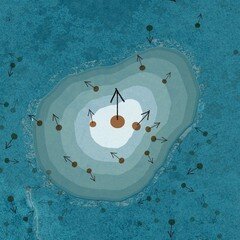The International Iberian Nanotechnology Laboratory provides 22,000 m2 of laboratory space and state-of-the-art equipment for various research areas. INL scientific facilities are fully operational since the beginning of 2011 and cleanroom processes and laboratory equipment are now available for external users. The cleanroom provides class 100 and class 1000 laboratory space dedicated to nanolithography, photolithography, wet process, planarization, reactive Ion etching, deposition, and analytical instrumentation for process and device characterization. A separate biology bay completes cleanroom key capabilities. The central Biology and Biochemistry facility provides support for groups developing research in these areas, including specific facilities for molecular biology, microbiology, bio-imaging facility. The high accuracy laboratories offer a detailed structural characterization of thin films, interfaces, nanostructures, and biological structures. Available techniques include atomic force microscopy, surface analysis by XPS, electron microscopy including a probe corrected TEM, FIB and environmental SEM. Other support labs provide state-of-the-art equipment for optical imaging, spectral ellipsometry, magnetometry, radiofrequency device characterization, MEMS, and nanochemistry/spectroscopy. External users can check equipment and process availability at INL website, as well as the contact person for the particular item. Conditions of use are as follows: 1 -external users coming to INL within approved collaborative projects (FCT, CSIC, European union, companies, […]
Read more


